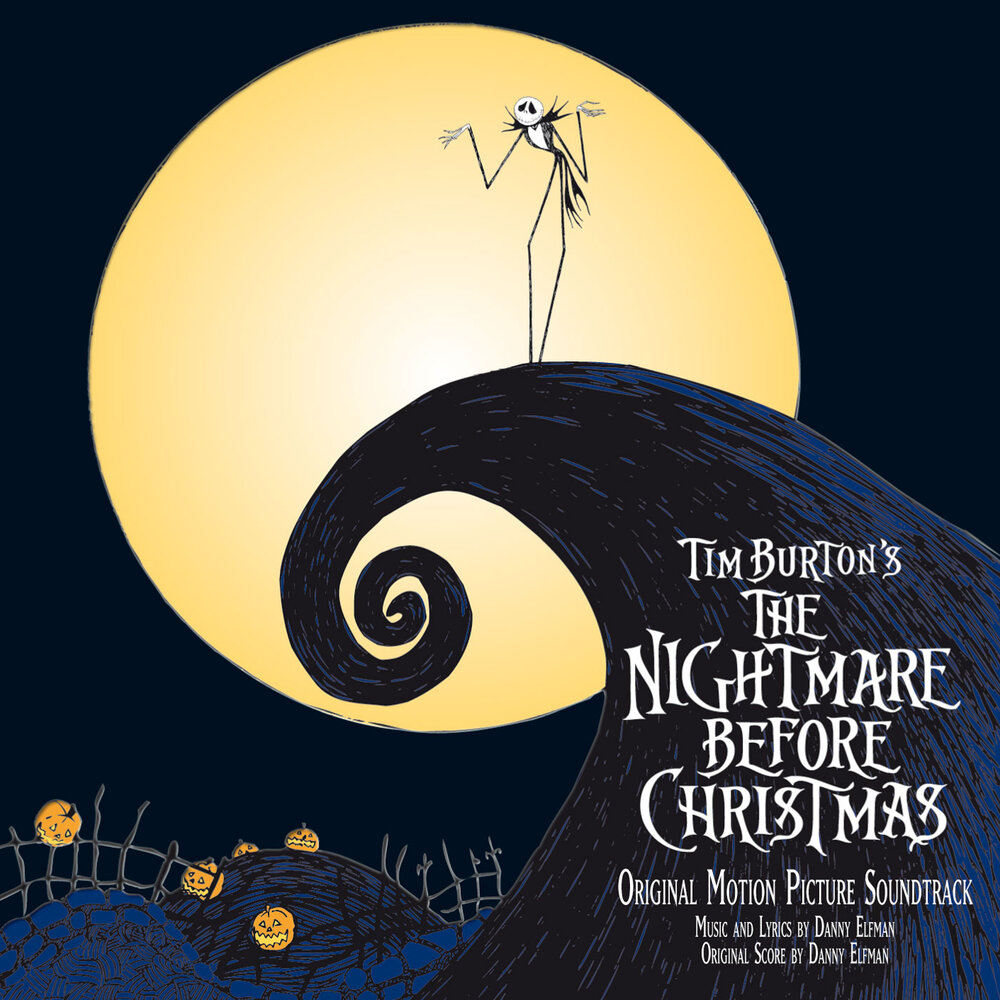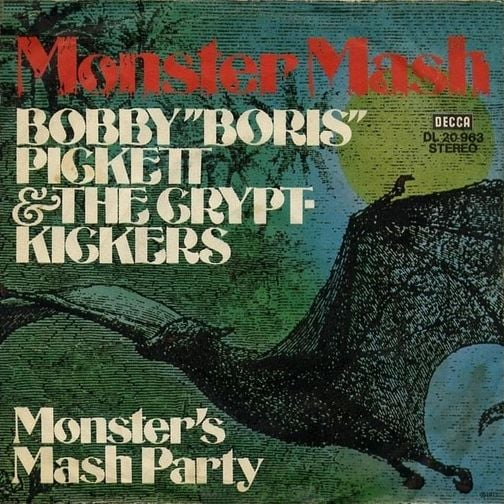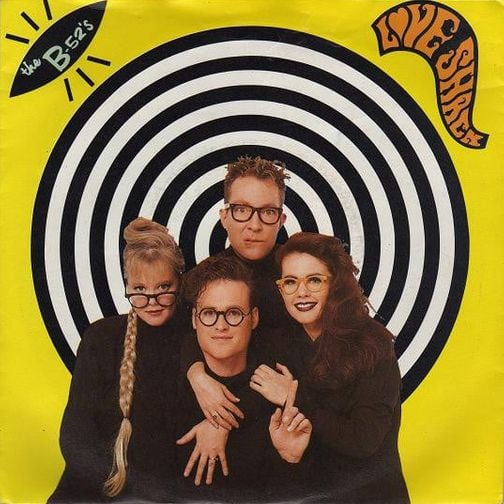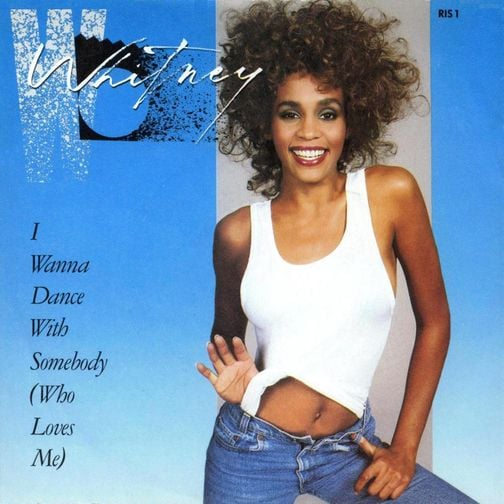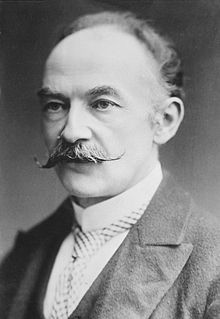
Her Death And After Thomas Hardy
"Her Death And After" by Thomas Hardy is a poignant reflection on loss and grief, exploring themes of love, mortality, and the enduring pain of separation. The lyrics convey deep emotional resonance, portraying the struggle to cope with a loved one's death. The song’s genre is #Folk, and it was released in 1917. Unique musical elements include haunting melodies and evocative instrumentation that enhance its somber mood. The song captures the timeless nature of heartbreak, resonating with listeners across generations.

'Twas a death-bed summons, and forth I went
By the way of the Western Wall, so drear
On that winter night, and sought a gate--
The home, by Fate,
Of one I had long held dear.
And there, as I paused by her tenement,
And the trees shed on me their rime and hoar,
I thought of the man who had left her lone--
Him who made her his own
When I loved her, long before.
The rooms within had the piteous shine
The home-things wear which the housewife miss;
From the stairway floated the rise and fall
Of an infant's call,
Whose birth had brought her to this.
Her life was the price she would pay for that whine--
For a child by the man she did not love.
"But let that rest forever," I said,
And bent my tread
To the chamber up above.
She took my hand in her thin white own,
And smiled her thanks--though nigh too weak--
And made them a sign to leave us there;
Then faltered, ere
She could bring herself to speak.
By the way of the Western Wall, so drear
On that winter night, and sought a gate--
The home, by Fate,
Of one I had long held dear.
And there, as I paused by her tenement,
And the trees shed on me their rime and hoar,
I thought of the man who had left her lone--
Him who made her his own
When I loved her, long before.
The rooms within had the piteous shine
The home-things wear which the housewife miss;
From the stairway floated the rise and fall
Of an infant's call,
Whose birth had brought her to this.
Her life was the price she would pay for that whine--
For a child by the man she did not love.
"But let that rest forever," I said,
And bent my tread
To the chamber up above.
She took my hand in her thin white own,
And smiled her thanks--though nigh too weak--
And made them a sign to leave us there;
Then faltered, ere
She could bring herself to speak.
Comments (0)
The minimum comment length is 50 characters.



